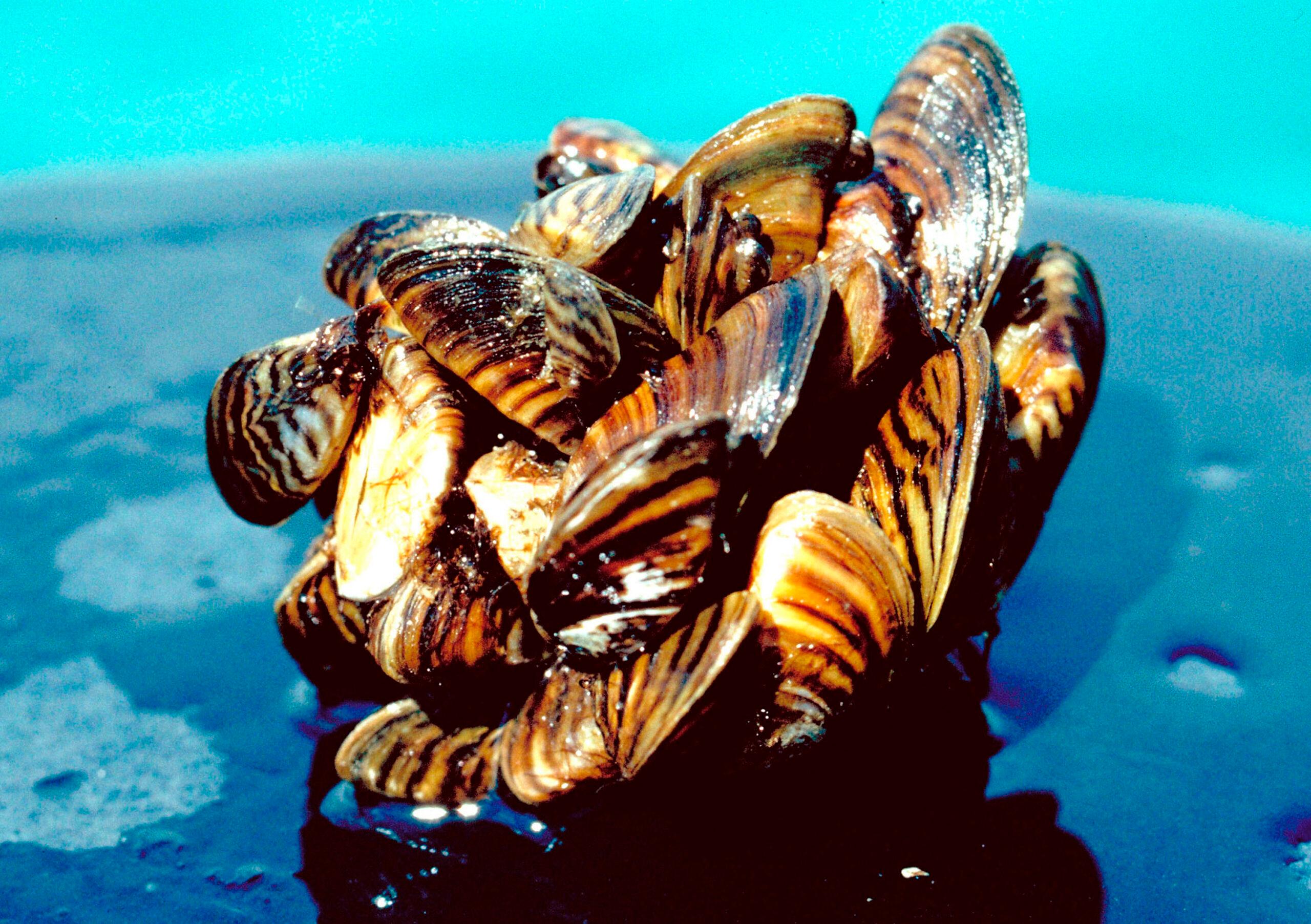
Colorado Parks and Wildlife has identified a single adult zebra mussel for the first time in state history.
State biologists found the highly invasive species on a PVC pipe at Highline Lake during a routine sampling last week. The small freshwater mussel, native to lakes in Russia and Ukraine, is known for reproducing quickly. That can lead to lakes being overrun with the shellfish, threatening native fish.
“A single mussel can filter up to a liter of water per day, which may sound like a great thing, but it absolutely is not. They are filtering out the plankton, which is the basis of our aquatic food web,” CPW invasive species program manager Robert Walters said.
Walters said the department is sending staff to the lake northwest of Grand Junction so it can determine the full extent of the threat. So far, CPW has only found one zebra mussel, which doesn’t necessarily mean there's widespread infiltration. But if a large population is discovered, there isn’t much CPW can do.
“Unfortunately, given that Highline is an open water system — meaning that we have water coming in and water coming out — there really are no viable chemical solutions that we could use to eradicate the species from the reservoir,” Walters said.
CPW is inspecting and decontaminating all vessels leaving the park to make sure boats won’t spread the mussels, which can attach to any solid surface. Those checks will be added on top of the standard inspections for boats entering all Colorado waterways
Wildlife officials will also follow up with boaters who visited the park prior to the mussel’s identification.
Walters said boat owners should follow simple steps to help prevent the spread of zebra mussels.
“Make sure vessels are cleaned, drained and dry in between each and every use,” Walters said. “That means that we have no mud, no water, no plants and no animals on our equipment.”
Walters expects CPW will have a clearer understanding of the mussel’s presence at Highline Lake within the coming weeks.









